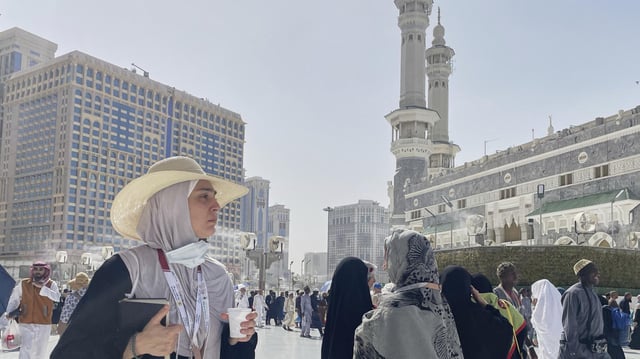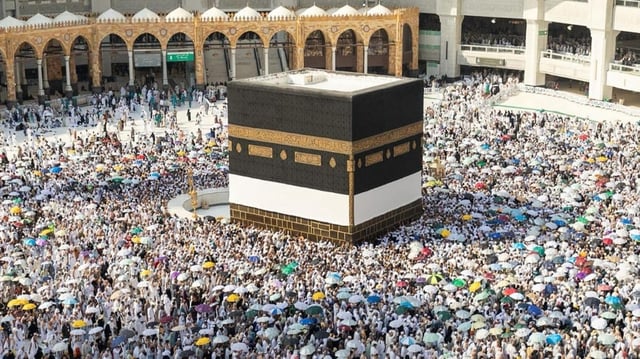Overview
- Hajj began on June 4 with around two million registered pilgrims, supplemented by an estimated one million unregistered attendees facing penalties, limited access to shaded tents or health services
- Authorities have installed shadow tents covering 170,000 square meters, planted 20,000 trees, erected an emergency hospital, deployed additional rescue teams, established health centers
- Drones now deliver medical supplies in six minutes, down from up to 90 minutes, with AI-driven facial recognition and sensor-equipped ground mats monitoring crowd movements
- Pilgrims rely on the Nusuk app, electronic IDs linked to digital armbands for travel bookings, instant guidance through ritual sites
- Last year’s Hajj resulted in over 1,300 heat-related deaths, many among unregistered pilgrims with no access to cooling or medical care


